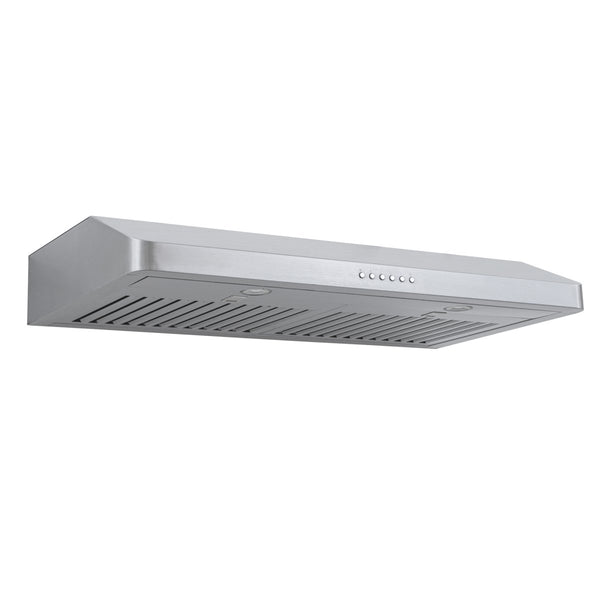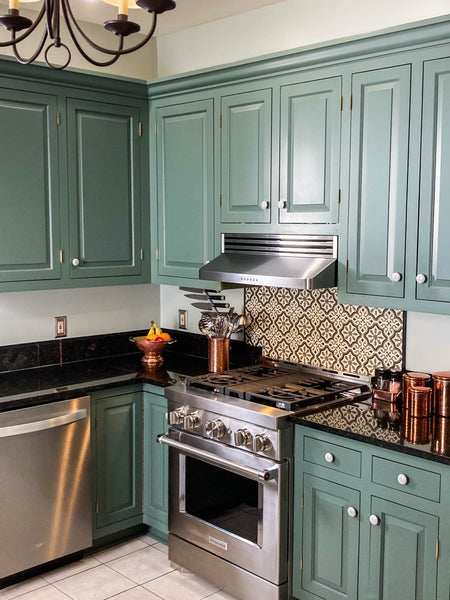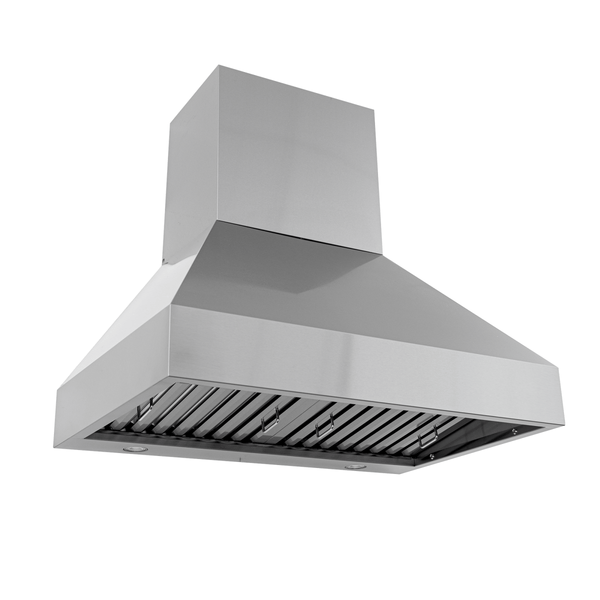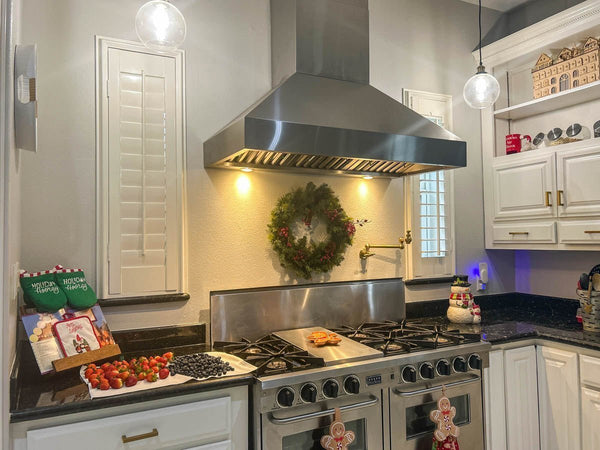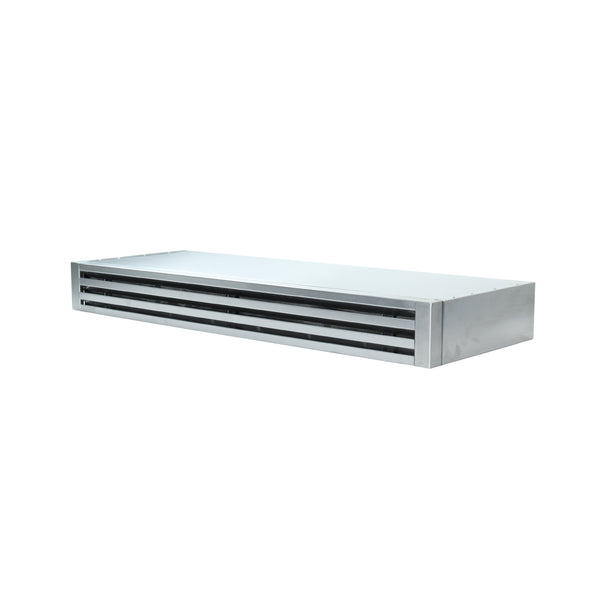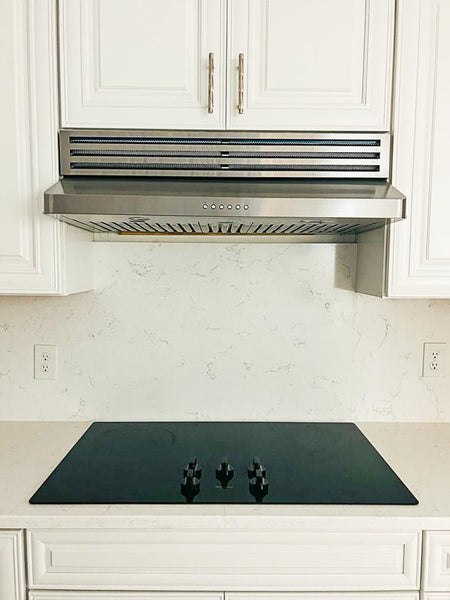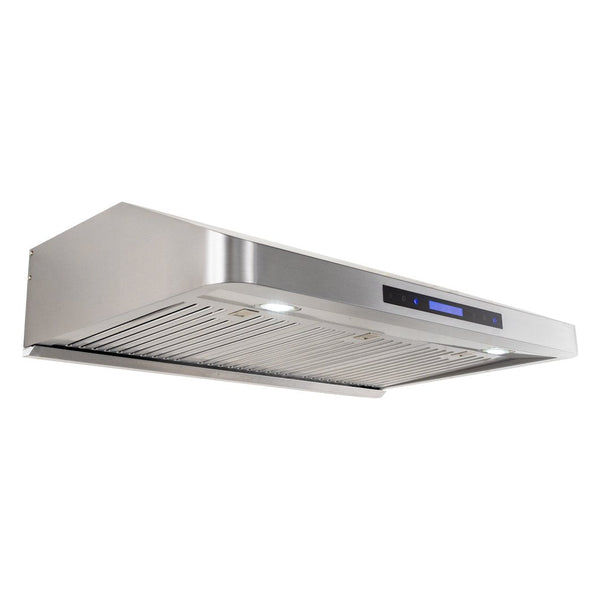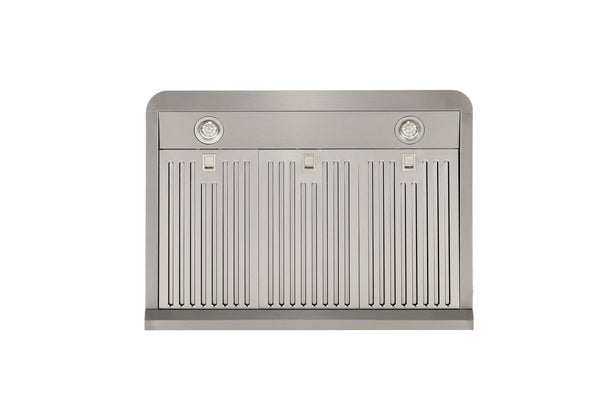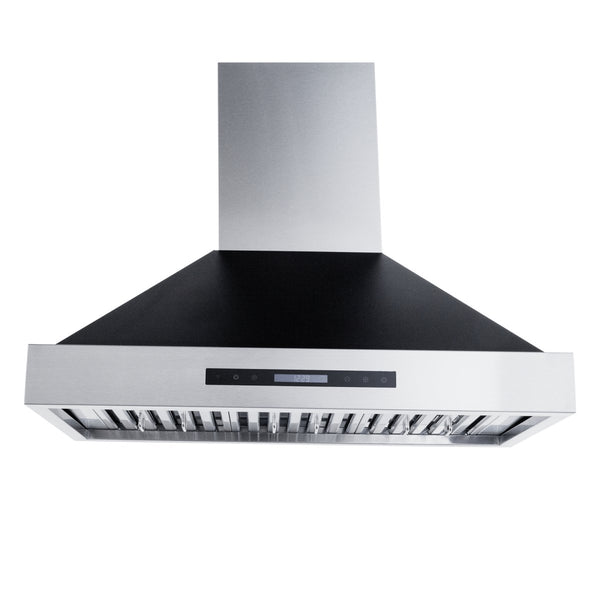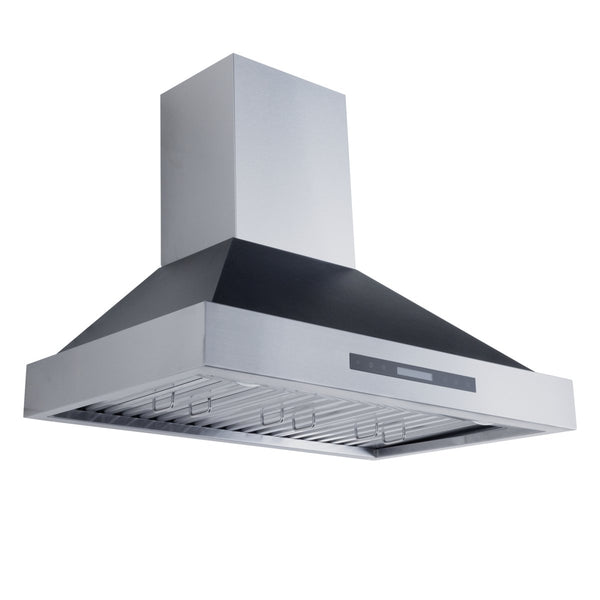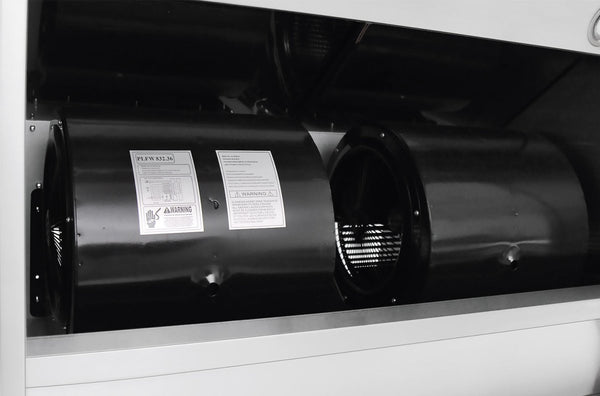You may not realize it, but poor ventilation can have a negative impact on your health and well-being.
Are you getting annoyed by pesky cooking odors, smoke, and musty smells? If so, it’s important to improve your ventilation quickly.
Poor ventilation can lead to many detrimental effects, such as respiratory problems or allergies, which can be troublesome for your health.
We’re here to tell you more about all the consequences of poor ventilation. If you notice any of these behaviors in your daily life, it might be time to improve your ventilation! Let’s get started.
Respiratory problems and allergies
One of the first telltale signs of poor ventilation is a sore throat or irritation of the nose and eyes. Airborne dust and particles stick to your hands and when you rub your nose, eyes, or mouth, they can cause irritation.
Even a small amount of dust can be annoying, depending on the person. A runny nose and sneezing can happen too.
If poor ventilation continues to be a problem, you might experience headaches, fatigue, and shortness of breath. Dizziness is a common symptom too. All of these symptoms are magnified in sensitive groups who have respiratory diseases or asthma.
Higher concentrations of contaminants and dust will force your lungs to work harder. This can overwhelm people with asthma and lead to more asthma attacks.
Related: Should I leave my air purifier on all the time?
Poor sleep quality
Studies have shown that poor sleep is linked to poor ventilation. In one study, a group of people slept in a room with a window cracked open four inches for one week. The following week, they could open and close the window as much as they liked.
These participants were monitored with sleep trackers. Researchers found that people fell asleep faster and felt less drowsy the next day when the window was open.
Read more about this experiment at this link.
Mold and mildew growth in your home
Have you ever noticed that your basement is a little mustier than the rest of the house? It’s colder down there. You probably have your HVAC system in the basement, along with water and sewer access, too.
In short, your basement is prone to water damage. If damp corners of your home go unchecked, mold and mildew can grow quickly. And the worst part is you probably won’t even notice where it spreads.
Mold thrives in damp environments, and a house with poor ventilation is the perfect place. It’s important to air out your home so that you can keep the humidity low. Mold doesn’t like to grow or spread in dry areas.
High electricity bills
With poor ventilation, you might find yourself using the fan setting in your HVAC system a lot more than normal.
Or in the cold months, instead of opening windows, you might run the heat often which can add up pretty quickly.
If you use your stove a lot in the winter, you might need an air purifier to remove harmful contaminants and cooking odors.
On top of using your HVAC systems less often, they’ll also be less efficient. Imagine you have drafty windows and doors or maybe some weather stripping that’s worn out. With these issues in your home, it’ll take a lot longer to heat or cool it.
So be sure to seal up those windows and doors. Make sure that the only time you want outside air to come in, is when you open your windows.
Damp, musty odors in your home
These strong odors are most common in your bathroom, basement, or laundry room. If you don’t have an escape route for the hot steam or humid air to leave, the moisture will accumulate and have a strong odor.
If you have a dishwasher, it's important that the drain is not clogged. You’ll want to run your dirty dishes through a cycle as soon as possible so food odors don’t linger.
Temperature differences in the home
If one area of your home is poorly ventilated, it can get warm or cold fast. You’ll also notice strong odors that seem to last for days on end.
That’s a sign that it’s time to let some fresh air in! Don’t open your door, though. Then you’ll let all those contaminants into the rest of your home.
Overworked HVAC system
The more contaminants in your home, the harder your HVAC system has to work to filter them out. This means that it won’t last as long as it should.
Also, as we pointed out above, some of your heated or cooled air may escape to the outside. That means you’re losing money!
Luckily, your HVAC system isn’t the only thing that can help improve indoor air quality. Take a look at several other ways in this article.
Decreased happiness
Fresh air is saturated with oxygen, and the more oxygen you breathe, the higher your serotonin levels. Serotonin is a hormone that improves your mood. Without it, you won’t feel as happy.
With poor ventilation, the air is not as saturated with oxygen, which will make you feel sadder and less energetic.
Heart disease and cancer
At the extreme, poor ventilation can contribute to heart disease and even cancer. This is usually a result of exposure to hazardous levels of contaminants from gas stoves. Some of the contaminants they produce are carcinogenic, which is dangerous for your health.
Not many people need to worry about developing these extreme conditions. But if you have a history of heart disease and cancer, you can never be too careful. It’s not hard to keep your indoor air clean and fresh.
Strong cooking odors, pet odors, and other smells

You’d be surprised how long cooking odors and pet odors can linger in your home. Without adequate ventilation, you’ll struggle to keep all those odors at bay.
Improving ventilation can be as easy as opening a couple of windows while you cook. Or turning on your air purifier during the day. But make sure it has an activated carbon filter. Learn more about air purifiers and odors in our post “Do air purifiers remove odors?”.
We hope you’re now aware of the consequences of poor ventilation in your home. You don’t have to deal with these consequences if you ventilate your home properly. Don’t know where to start? Just open a window for 30 minutes a day, every day. Trust us, you’ll see some improvement!
Thanks for reading! Good luck improving your indoor air quality!
